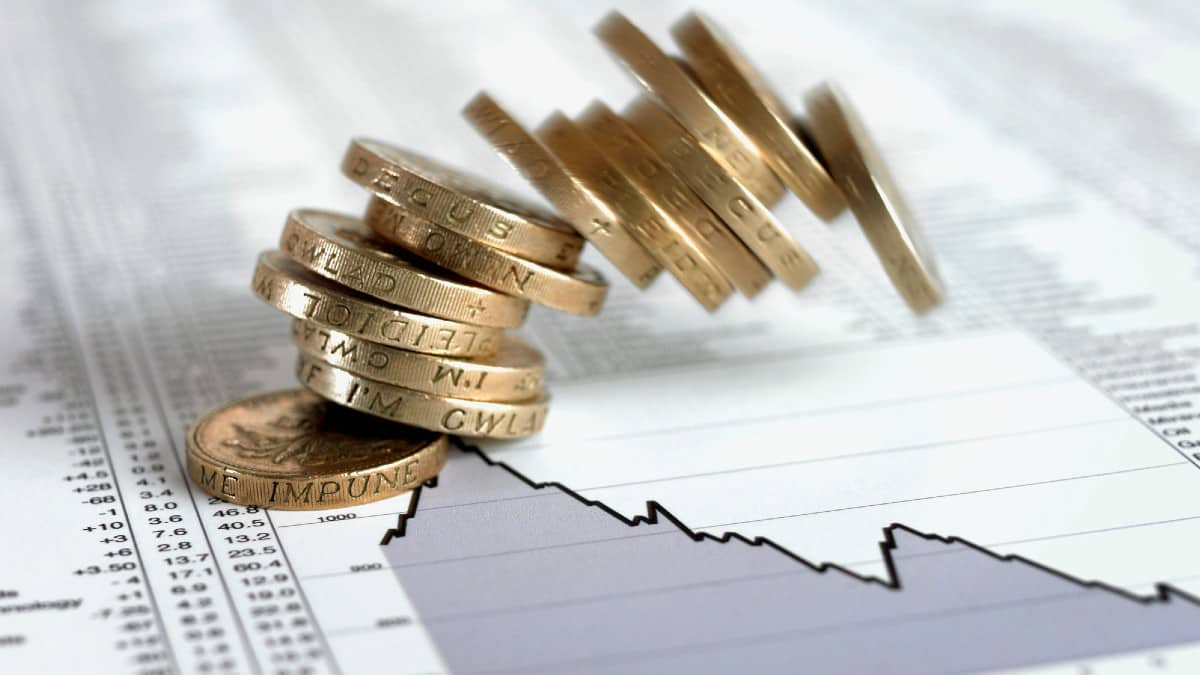Back in August, I questioned whether the Darktrace (LSE: DARK) share price was a ticking time bomb. Despite concluding that it probably wasn’t, I did suggest that it might let off some steam at some point.
In retrospect, it turns out that the former may have actually have been appropriate. The cybersecurity firm’s value has tumbled 30% in the last month alone.
Is it time for me to scratch that contrarian itch (as others seem to be doing today) or could there be more bad news to come? Let’s begin with a quick recap.
The Darktrace share price: what gives?
It was all going so well. Priced 250p a pop at its IPO, Darktrace stock went as high as 1,003p per share earlier this year. Towards the end of October, however, it all began to unravel.
The first capitulation occurred when analysts at Peel Hunt questioned whether the company was really worth its multi-billion pound valuation. Citing growing competition and Darktrace’s low R&D spend, their target price was just 473p.
The downward pressure then continued as the post-IPO lock-up period came to an end and original investors jettisoned their holdings. Board members were also active sellers. Records show non-executive director Vanessa Colomar pocketed over £8m in November. That’s hardly encouraging.
From hitting that 52-week high, the Darktrace share price has now fallen 60%. So, where does it go from here?
Where next?
As always, no one knows for sure. So, let’s focus on a few positives first.
There’s little point arguing against the idea that cybersecurity will remain a major investment theme going forward. Assuming nothing truly awful happens, it seems likely that Darktrace’s self-learning AI will likely mop up a decent proportion of this business from multiple industries looking to protect themselves from bad actors operating online.
Regardless of share price antics, it’s also clear the firm is growing well. October’s Q1 trading update revealed a 50.8% increase in revenue (to $93.1m) compared to the previous year. FY22 growth of between 37% and 39% is now expected. Broker Berenberg remains a fan too, recently stating that “any share price capitulation is a result of fear not fact“.
On the flip side, one can argue that the valuation is still too high at a price-to-sales ratio of 13. While seemingly unrelated, the rise of Omicron could also push investors to sell what they can and batten down the hatches. Even if the general market sell-off doesn’t continue, Darktrace should be demoted from the FTSE 100 on December 20.
The situation isn’t helped by the Cambridge-based business having a very small free float (the number of shares available to buy and sell on the market). This could make any falls all the more dramatic because it takes less to budge the needle. Of course, big moves in the opposite direction can also occur, as evidenced by today’s 6% rise.
Better opportunities
Darktrace is in something of a dark place right now. While more positive on this company compared to fellow 2021 IPO stock Deliveroo, I can’t help but think that its similarly unprofitable status could haunt it going into 2022, especially in a market where traders are already nervous about the pandemic and the threat of rising interest rates.
In looking for compelling growth plays, the £2.6bn cap doesn’t make my shortlist just yet.







